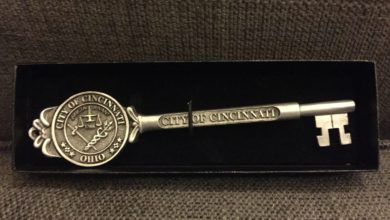
Johnson & Johnson's COVID-19 vaccine triggers several types of immune responses, a new study shows, allowing it to be extremely protective in the United States as well as in South Africa and Brazil, where a handful of different virus variants are circulating.
Researchers at Harvard University who developed the one-shot vaccine found people from different parts of the world who received it were protected against severe disease regardless of the virus variant.
Dr. Dan Barouch, director of the Center for Virology and Vaccine Research at Beth Israel Deaconess Medical Center in Boston, said he was pleased to see the vaccine was as effective in the real world as it had been in animal studies.
"This is good news in terms of coverage of the variants, and it increases our optimism that the current vaccines, particularly this one, has good coverage of the variants that exist today," said Barouch, who led the research and whose lab developed the harmless virus that delivers the vaccine. "That's more of a reason why everyone in the country and the world should get vaccinated as soon as possible."
All 20 patients studied produced neutralizing antibodies, believed to be essential for an effective immune response to the virus. But they also produced other types of antibodies as well as T cells, often called the soldiers of the immune system.
People in Brazil and South Africa, where dangerous variants have been circulating, produced five-times fewer neutralizing antibodies than those faced with the original SARS-CoV-2 virus, said Barouch, also a professor of medicine at Harvard Medical School. But they made nearly as many antibodies of other kinds, and just as many T cells, which is probably why they were almost as well protected against disease as those exposed to the original virus.
In a large Phase 3 trial, the J&J vaccine protected against severe/critical COVID-19 in 86% of recipients in the United States, 88% of those in Brazil and 82% of those in South Africa.
The new study "helps explain why the J&J vaccine performed so well against the variants," Barouch said. "We would think it's likely because the vaccine produces a lot of different immune responses."
Barouch said he and his colleagues are still investigating why the vaccine seems to produce an unusual and dangerous blood clotting disorder in a small number of recipients.
Other vaccines have been shown less effective in South Africa, with the country passing on AstraZeneca and Oxford University's vaccine, because it was not protective enough.
Contact Karen Weintraub at [email protected].
Health and patient safety coverage at USA TODAY is made possible in part by a grant from the Masimo Foundation for Ethics, Innovation and Competition in Healthcare. The Masimo Foundation does not provide editorial input.
Source link








